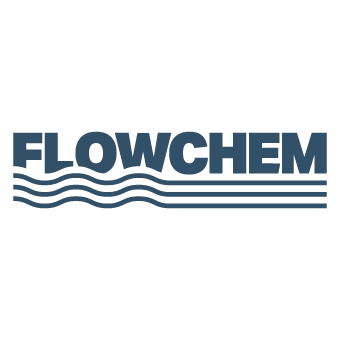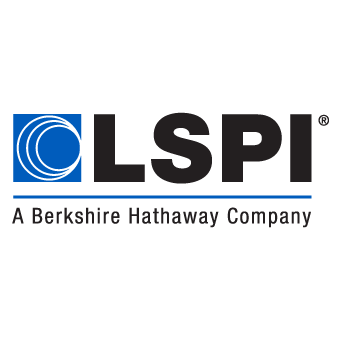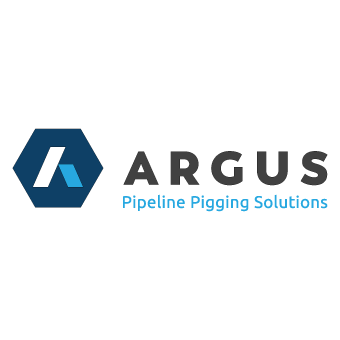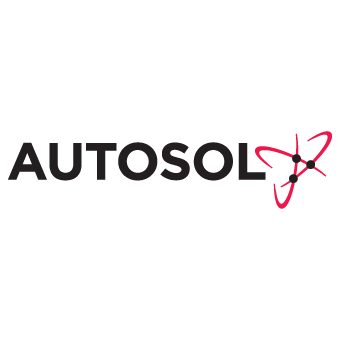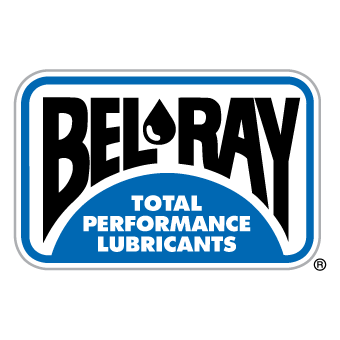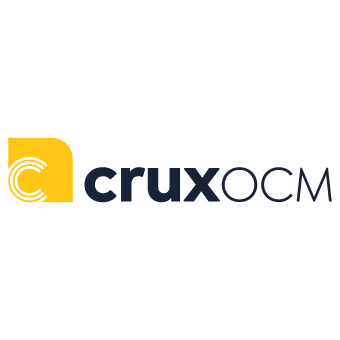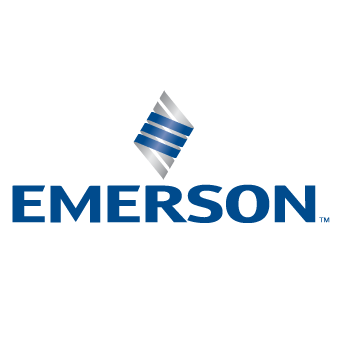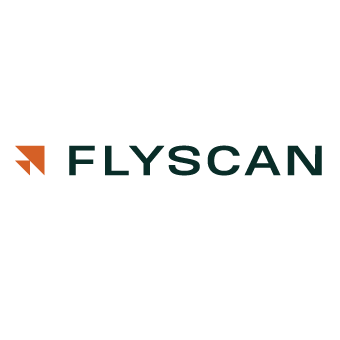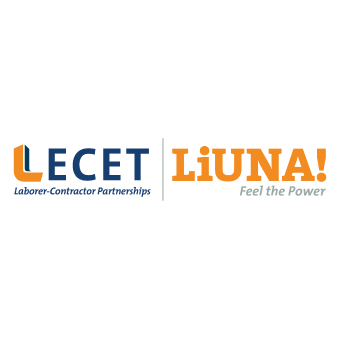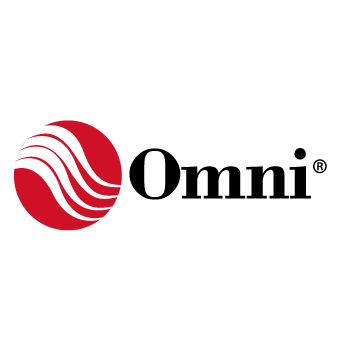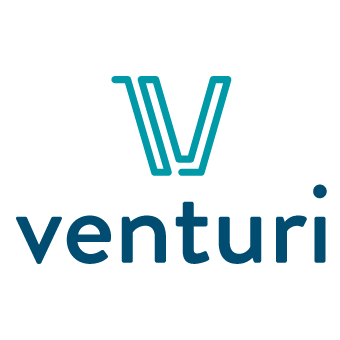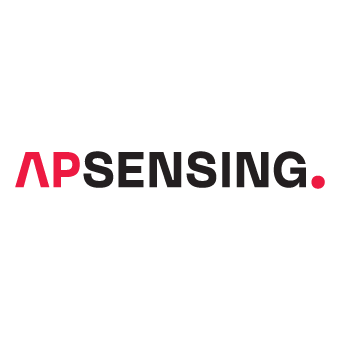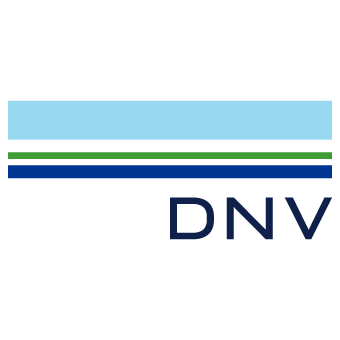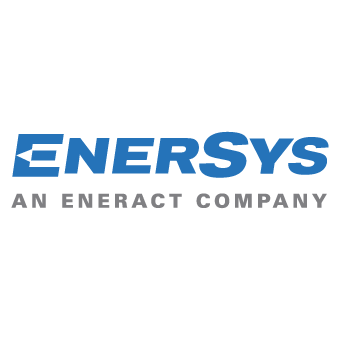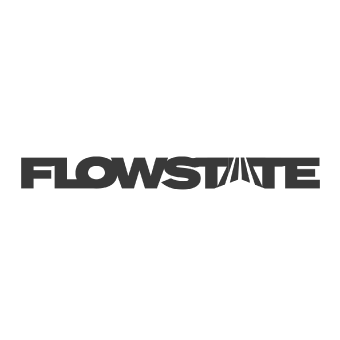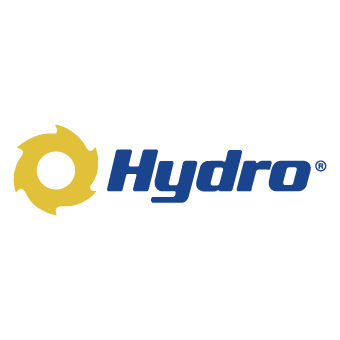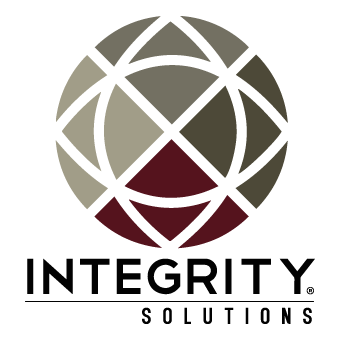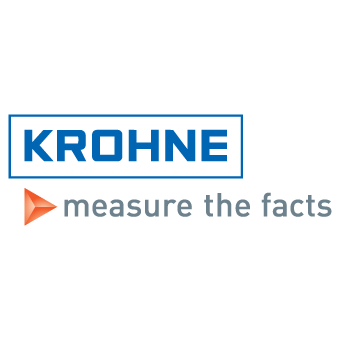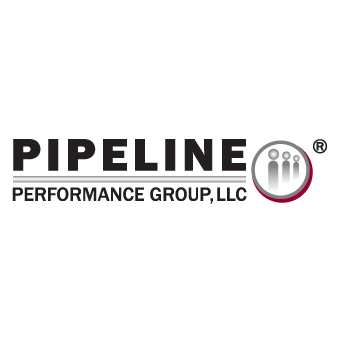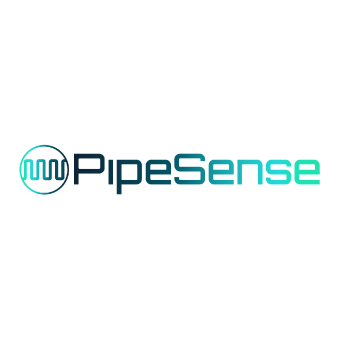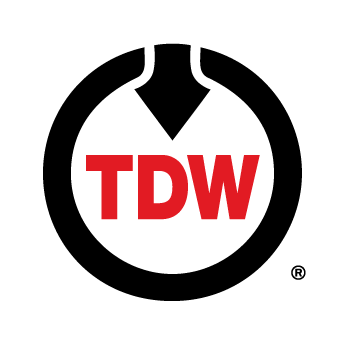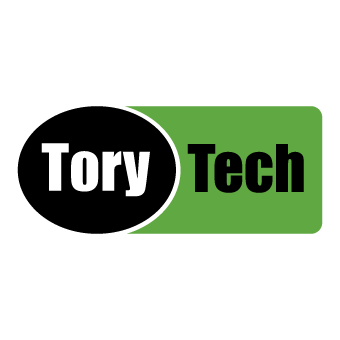April 27, 2026 to April 29, 2026
2026 API Pipeline Conference and Expo: Pipeline, Control Room and Cybernetics
Gaylord Rockies Resort & Convention Center, Aurora, Colorado
#Pipeline26
Overview
Good Business & Great Results
Join over 1,000 industry professionals in Aurora, Colorado from April 27-29, 2026, to connect, collaborate, and learn together.
In today’s dynamic environment, the consistent call for greatness within the oil and gas presents a dual challenge: safely and responsibly meeting persistent global energy demand while simultaneously in pursuit of innovating towards a lower-carbon future for our communities. This perspective casts the industry’s significant resources, expertise, and infrastructure as crucial assets for continuing to safely operate and build a more sustainable and resilient energy ecosystem. The adoption of the ‘Good Business & Great Results’ mindset – is essential for long-term navigation of energy innovation, market dynamics, and sustained growth across the globe.
Join us as we examine industry’s “call for greatness” through topics ranging from artificial intelligence, operational excellence and stakeholder engagement to workforce development amidst volatile markets. Industry will continue to answer the global invitation to lead a collaborative, pragmatic, and profitable energy evolution – Good Business & Great Results.
Schedule at a Glance
| Sunday April 26, 2026 |
Monday April 27, 2026 |
Tuesday April 28, 2026 |
Wednesday April 29, 2026 |
| Registration 3:00 pm – 6:00 pm |
Registration 6:30 am – 5:00 pm |
Registration 6:30 am – 5:00 pm |
Registration 7:00 am – 12:00 pm |
| Executive Roundtable Invitation Only |
Exhibit Hall Hours: 7:00 am – 6:30 pm |
Exhibit Hall Hours: 7:30 am – 2:40 pm |
Technical Tracks: NEW! Pipeline, Control Room & Cybernetics 8:00 am – 12:00 pm |
| DEI&A Welcome Reception 5:00 pm – 6:30 pm Invitation Only |
Day 1 Opening Keynote & Awards TBD |
Day 2 Keynote TBD |
|
| Technical Tracks: NEW! Pipeline, Control Room & Cybernetics |
Technical Tracks: NEW! Pipeline, Control Room & Cybernetics |
||
| Opening Reception: 5:30 pm – 6:30 pm (Exhibit Hall) |
Networking Reception: 5:30 pm – 7:00 pm TBD |
Questions
- Registration (attendees, sponsors, or exhibitors): Aeyesha Farooqui, 202-682-8127, [email protected]
- Logistics: Lindsay Morrison, 202-682-8194, [email protected]
- Program: David Murk, 202-682-8080, [email protected]
- Sponsors & Exhibitor Sales: [email protected]
Program Details
The Conference Agenda will consist of general sessions, track sessions, and conference events. Each will have visual aids to enhance the attendee’s ability to match their interest and preferences. This may be indicated through color and/or symbology.
Stakeholder Engagement & Outreach
This track promotes sharing on engagement information for community involvement and multi stakeholder efforts or tools used for advancement in safe pipeline operations. Example topics may include leading practices for engagement with communities throughout the lifecycle of a pipeline(s), API Recommended Practices (RP) 1162, Public Awareness Programs for Pipeline Operators and RP 1185, Pipeline Public Engagement, environmental justice and Tribal/First Nation considerations, emergency responder education, and damage prevention outreach.
Pipeline Operational Excellence
This track explores how oil and gas pipeline leaders operate their assets safely, reliably, sustainably and cost effectively from safety performance improvements to best-in-class standards and systems. Example topics may include processes for identifying high consequence areas, in line inspection lessons learned, pipeline safety management systems, safety culture, management of change, remediation for risk reduction for asset, and operational and enterprise risk management.
Environmental Stewardship
This track provides industry insights into current and emerging strategies, innovations, and leading practices in environmental stewardship. Topics may include advancements in energy diversification, conservation initiatives, methane emissions reduction and quantification, and sustainable operational practices that drive measurable improvements across air, land, and water resources.
Technology, Artificial Intelligence & Innovation
This track highlights operational technologies, tools and other innovations that allow organizations to advance their operations, asset integrity, risk management, and business continuity and growth. Example topics may include new inspection tools and engineering practices, control room technologies, artificial intelligence, implementation of API RP 1165, emergency responder applications and emerging fuel developments.
Workforce Development
This track offers insight into diverse workforce development strategies in the pipeline industry. Example topics include succession planning to support knowledge transfer, attracting new workers to the industry, talent retention strategies, managing a multigenerational workforce, control room training, Operator Qualification (OQ) and inspector certification programs, establishing competency based learning programs, using technology to train such as implementation of API RP 1165, and expanding formal training to include knowledge-based workers.
Low Carbon Energy Outlook
This track explores the topics associated with the safe and efficient transportation and storage of carbon dioxide (CO2), hydrogen (H2) and other low carbon and renewable sources while examining how both new and existing energy pipeline infrastructure may enable the addition of a next generation of low carbon fuel supply. Example topics include safety related R&D, standards to address operations and integrity, odorant considerations, leak detection methods, self-powering technologies, pipeline materials, emergency preparedness and response guidance, dispersion modeling and modifications to infrastructure and other factors to ensure safe operations of CO2 and low carbon fuels.
Construction
This track offers a forum to share best practices, discuss challenges, and communicate lessons learned during construction activities that occur over the lifecycle of pipeline assets. Example topics include project management (including scope, schedule, supply chain, quality, safety, environment, and cost management), new construction, commissioning, major maintenance activities, and contract management. It also highlights trenchless technologies in ascending order of complexity and control, such as auger boring, pipe hammering, direct steerable pipe thrusting, horizontal directional drilling (HDD), and microtunneling.
Cybernetics – Leak Detection Advancements
This track aims to showcase emerging technologies and advancements for leak detection systems. Example topics may include uses cases in areas of internal and/or external leak detection systems, detection accuracy and proactive maintenance, new implementations in live environments, predictive analytics, smart algorithms, inventive applications of detection tools, and next level improvements to existing technologies.
Cybernetics – SCADA Systems
This track delves into critical advancements and emerging trends in SCADA and Operational Technology (OT) systems, with a focus on both technological innovation and process improvements. It will examine how AI is increasingly being leveraged to enhance efficiencies in OT and SCADA environments, along with addressing current challenges, strategies, and solutions. Topics may include modernization of SCADA/OT communications, audit findings and insights, secure and efficient inter-organizational connectivity, key project case studies, and lessons learned. Additionally, the track will explore upgrading strategies for threat detection and mitigation, assessment of vulnerabilities, and practical approaches to risk management in Industrial Control Systems (ICS) and SCADA environments.
Cybernetics – Cybersecurity
This track seeks abstracts that explore the latest advancements, challenges, and strategic solutions for securing pipeline infrastructure within the energy sector. We welcome submissions that address both physical and cybersecurity aspects of pipeline systems, including:
- Threat detection and prevention strategies specific to pipeline operations
- Cyber vulnerabilities and mitigation techniques for pipeline SCADA and ICS systems
- Case studies on risk management and resilience planning in pipeline networks
- Incident response and recovery protocols tailored to pipeline incidents
- Compliance with regulatory frameworks and industry standards for pipeline security.
- Submissions may include research findings, innovative technologies, operational strategies, or lessons learned from real-world implementations.
Control Room Management
This track focuses on stakeholder Control Room Management program development, implementation, and ongoing maintenance holistically to achieve compliance under 195.446. Included topics: Alarm Management – alarm philosophy and system optimization, Control Room Best Practices – lessons learned and case studies, Manual Operations – implementation, lessons learned, testing and documentation, Records and Documentation – annual reviews, reporting, overall effectiveness and best practices, Regulatory Interpretations and Inspection Findings – inspection prep, lessons learned, value of self-assessments, Manual Operations – preparedness and response to social unrest or pandemics, manual operations due to system operations, controller and staffing continuity strategies, and procedure development.
(NEW) Alarm Management
Track sessions will explore individual components or the complete lifecycle of alarms, including identification, response, notification, documentation, reporting, training, ongoing monitoring, and management of change. These sessions aim to highlight how industry stakeholders are addressing key challenges related to alarm philosophy, rationalization, testing, and implementation. Discussions will align with regulatory requirements outlined in 49 CFR 192.631, 49 CFR 195.446, and API Recommended Practice 1167, offering insights into best practices and compliance strategies within alarm management programs.
Keynote Speakers
 Walter Nusbaum
Walter Nusbaum
Walter Nusbaum is a leadership consultant, executive coach, keynote speaker, and author whose work centers on one defining idea: the Normalization of Excellence. Inspired by the ancient Greek concept of Arete—the pursuit of excellence as a way of life—Walter helps leaders and organizations raise their internal standards, so excellence becomes the expectation, not the exception.
As President of The Nusbaum Group, he works with leaders across the energy and industrial sectors to build
high-performance cultures, strengthen leadership effectiveness, and drive employee engagement through mastering communication, personal accountability, and practical culture-shaping frameworks. Walter and his wife Stacey, his partner in business and life, have four grown children, two grandchildren, and live in Denton, Texas.
 Mark LaCour
Mark LaCour
Mark, a 25-year veteran of the Oil and Gas industry, is the founder and Editor-in-Chief of the Oil and Gas Global Network (OGGN), home to the world’s most listened-to oil and gas podcasts. His sales acumen, which resulted in over $305 million in deals, spans across continents-from the North Sea to Brazil.
Beyond the mic, Mark’s market research expertise and commitment to value delivery have left a huge mark to society. As a public speaker, author, and STEM educator, he continues to shape the industry and inspire others.
Sponsor & Exhibitor Information
Register Now As a Platinum, Gold or Silver Sponsor »
Download the 2026 Sponsor and Exhibitor Prospectus
Download the Sponsor and Exhibitor Terms and Conditions
Download 2026 Sponsor and Exhibitor Floorplan
For 2026 we once again have an exhibit floorplan designed to maximize attendee and exhibitor interaction. Continental breakfast, breaks, lunch, and the Opening Reception will take place inside the exhibit hall. Additionally, the Conference registration desk will lead directly to the exhibit hall.
Please review the 2026 Sponsor Exhibitor Prospectus for benefits and pricing. Note that all sponsorships include an exhibit booth. To guarantee a booth – especially in a prime location – we strongly encourage you to sponsor. We will sell out.
| Opportunity | Cost | Complimentary Registration |
| Platinum Sponsor – Available Now! | $20,000 | Six (6) complimentary registrations included |
| Gold Sponsor – Available Now! | $15,000 | Four (4) complimentary registrations included |
| Silver Sponsor – Available Now! | $12,500 | Three (3) complimentary registrations included |
| Exhibitor – Available February 12, 2026 (Subject to availability) | $7,500 | One (1) complimentary registration included |
| Additional Sponsor/Exhibitor | $495 |
Additional Exhibitor Staff Registration – Available March 2026.
Each exhibiting company receives one full conference registration included with the purchase of the booth space; therefore, a discount code will not be issued. Diamond, Platinum, Gold and Silver sponsors receive complimentary passes as identified in the Sponsorship and Exhibitor Prospectus. In addition, exhibiting companies may register up to three (3) additional staff for the full conference at a discounted rate of $495 each. If your sponsorship level contains more than one (1) complimentary registration, your discount codes will be provided upon email confirmation of your booth assignment.
Registering as an exhibit booth staff? Please check with your internal booth coordinator for any remaining discount codes.
Expo Only:
API does not have an “Expo Only” registration for the Inspection Summit. Conference registration is required to enter the exhibit hall.
Exhibit Hours
Exhibitors are welcome to attend all sessions. API requires an exhibitor representative be in their booth during all scheduled coffee breaks and receptions.
Exhibitor Schedule at a Glance
| Sunday, April 26, 2026 | |
| 3:00 pm – 6:00 pm | Registration Services Open |
| 3:00 pm – 5:00 pm | Exhibitor Set-Up |
| Monday, April 27, 2026 | |
| 6:30 am – 5:00 pm | Registration Services Open |
| 6:30 am – 7:00 am | Exhibitor Set-Up |
| 7:00 am – 7:00 pm | Expo Open with Luncheon and Opening Reception |
| 5:30 pm – 6:30 pm | Opening Reception in Exhibit Hall |
| Tuesday, April 28, 2026 | |
| 6:30 am – 5:00 pm | Registration Services Open |
| 7:00 am – 2:40 pm | Expo Open with Luncheon in Exhibit Hall |
| 2:40 pm – 5:00 pm | Exhibitor Tear-Down |
| 5:30 pm – 7:00 pm | Networking Reception* |
*Held in Prefunction Area. Exhibitors are welcome to attend.
Exhibitor Portal – Available February 2026
All exhibitors must access the exhibitor portal for deadlines, shipping information, and to register your exhibit booth staff.
Login information is sent to the primary contact from [email protected] that registered for the exhibit booth. Please contact your internal colleague for access.
Exhibitors
Download 2026 Sponsor and Exhibitor Floorplan
| Booth Number | Exhibitor |
| 103 | Reserved for Silver or higher |
| 105 | Reserved for Silver or higher |
| 107 | |
| 111 | |
| 113 | Reserved for Silver or higher |
| 115 | Reserved for Silver or higher |
| 201 | DNV |
| 202 | |
| 203 | KROHNE Inc. |
| 204 | |
| 205 | |
| 206 | |
| 207 | |
| 209 | |
| 210 | Integrity Solutions Ltd |
| 211 | |
| 212 | |
| 213 | |
| 214 | Reserved for Silver or higher |
| 219 | Venturi |
| 300 | AP Sensing Americas |
| 302 | |
| 303 | |
| 304 | |
| 305 | Flowchem |
| 306 | |
| 308 | T.D. Williamson |
| 310 | |
| 312 | |
| 313 | Emerson |
| 315 | |
| 318 | |
| 401 | |
| 402 | |
| 404 | Flyscan |
| 405 | |
| 407 | |
| 409 | |
| 411 | |
| 412 | AUTOSOL |
| 413 | PipeSense |
| 414 | |
| 419 | Reserved for Silver or higher |
| 500 | Reserved for Silver or higher |
| 504 | Flowstate Solutions |
| 506 | |
| 508 | Reserved for Silver or higher |
| 510 | |
| 512 | TiPS, Inc. |
| 518 |
Hotel
Gaylor Rockies Resort & Convention Center
6700 North Gaylord Rockies Boulevard
Aurora, CO 80019
Book Your Hotel Reservations
Room Rate: $299 single or double occupancy
Mention the 2026 API Pipeline Conference & Expo, to receive the API group rate.
Reservations questions: If you need additional assistance, please call 888-840-3143.
Reservations Deadline: Monday, April 6, 2026, or until room block is sold out.
After this date and time, reservations will be accepted on a space and room type availability basis and at the hotel’s best rate available.
Registration Fees & Details
REGISTER NOW»
| Register Before Friday, March 13th |
Register After Friday, March 13th |
Onsite Registration | |
| API Member | $1,300 | $1,450 | $1,550 |
| Non-Member | $1,400 | $1,550 | $1,650 |
| Trade Association Staff | $650 | $850 |
For registration questions or method of payment inquiries, please contact [email protected]
Early Registration Deadline: Friday, March 13, 2026
Refund Cutoff Date: Friday, March 27, 2026 (No refunds granted after this date.)
Cancellations, Refunds, and Substitutions:
Cancellations and request for refunds must be made in writing and sent to [email protected] by Friday, March 27, 2026. Cancellation shall be effective, final, and binding upon receipt by API. Cancellation requests received by Friday, March 27, 2026, will receive a refund of the registration fee less a $100 cancellation fee, and will be processed in the original form of payment. Refunds are not provided for cancellation requests received after Friday, March 27, 2026. Registration fees are non-transferable to other API meetings. Substitutions within the same event may be made at any time by written request to [email protected].
 |
API MembershipInterested in Becoming an API Member? |
Speaker Resources
Submissions are closed and being reviewed. Please check the speaker portal for updates.
Download Abstract Submission Guide
Things to Do in Aurora!
| Discover the best ways to unwind and explore Aurora after your conference sessions. View activities and restaurants for Gaylord Rockies Resort & Convention Center. Download these resources for more activities and restaurants in the area. |
 |


